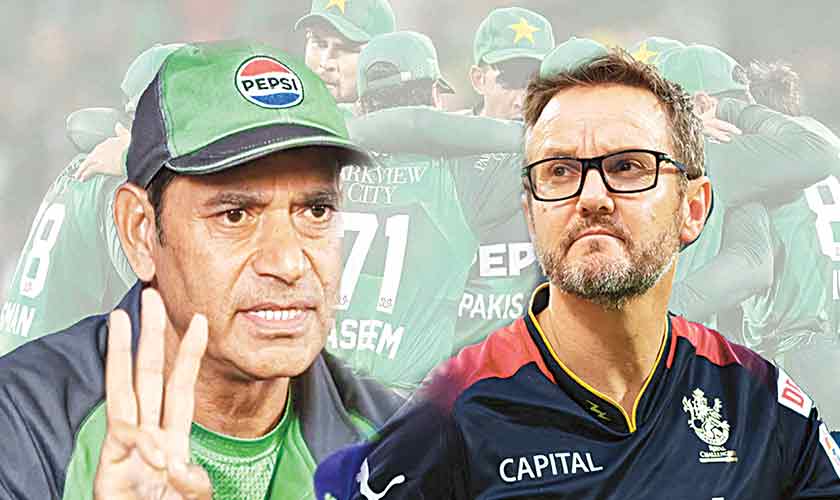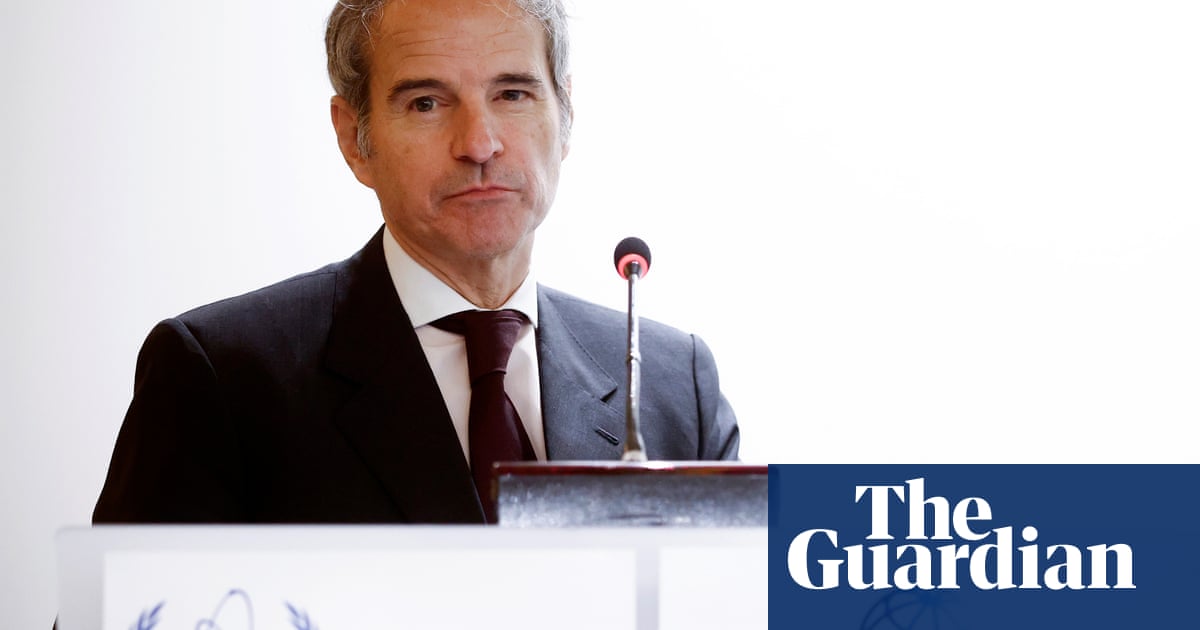
Cricket’s popularity in the sub-continent goes beyond mere sport; it’s deeply woven into the cultural fabric, national identity, and even political discourse. It acts as a unifying force, transcending regional, ethnic, social, and religious divides.
Cricket is a major part of the region’s culture, with matches often becoming national events. Cricket has a long history in Pakistan, and its popularity has grown significantly over time.
Pakistan’s cricket team has achieved notable success in international competitions, including winning the 1992 Cricket World Cup and the 2009 ICC World Twenty20.
The emergence of domestic T20 leagues like the Pakistan Super League (PSL) has further fueled cricket’s popularity by providing a platform for local talent.
The Pakistan Cricket Board (PCB) has a history of frequently changing coaching staff, which is attributed to a combination of factors including administrative instability, unrealistic expectations, and a lack of long-term planning.
The PCB has been criticised for not establishing a clear long-term vision for the national team. This lack of a consistent plan can make it difficult for coaches to develop a sustainable strategy for the team’s success.
The Pakistani team has struggled to adapt to different playing conditions and opponent strategies, which highlights a need for a more flexible coaching approach.
There are very few cricketers who came in the national side through academies process. Most of them selected for Pakistan Super League (PSL) performance or from the domestic performance.
Last month the Pakistan Cricket Board (PCB) appointed Aqib Javed as the new Director High-Performance.
Aqib’s appointment comes during a transitional phase in Pakistan’s coaching structure, which has seen several high-profile departures in recent months. His appointment coincides with the PCB’s announcement of former New Zealand captain Mike Hesson as the new white-ball head coach of the national team.
After his appointment, Aqib Javed says that my biggest goal and target is to bring the National Cricket Academy to a point that is in line with the requirements of the present era, which the world recognises as the best system, we should not imitate others, but people should imitate us.
Aqib Javed says that the role of the National Academy is key in the development and success of cricket in any country and when this academy was closed here, he went to the UAE in anger and through his coaching there, the UAE also played the Under-19 World Cup, T20 World Cup and Fifty-Over World Cup.
Aqib Javed said that the most joy and satisfaction for him as a coach is that when you make a difference in the life of a player, his home conditions improve and the passion for cricket increases in his area.
He said that at present there are many players who do not know the basics of fielding. The role of the National Cricket Academy (NCA) will be to fill the gap in the Pakistan team, there should be three players behind one player.
The Pakistan Cricket Board (PCB) also has a reputation for frequent coaching staff changes, often hindering team stability. This is due to a mix of administrative instability, unrealistic expectations, and a lack of long-term planning. Volatile cricket politics, frequent leadership changes within the PCB, and a pressure to deliver immediate results often lead to the early departure of coaches.
Last Month, Pakistan cricket Board appointed Mike Hesson Pakistan’s new white-ball coach. Hesson steps into the role previously held by Aqib Javed, who served as the interim head coach following Gary Kirsten’s departure in October 2024.
After is appointment, Hesson said he believes that the concept of specialist batters in T20 cricket is “outdated and you have to be multi-skilled”.
“The idea of just specialist batters is very much outdated. Not everyone can read a pitch to a point where you know that these five bowlers are going to be perfect. If you’ve got 6, 7, 8 options that the captain can turn to, then, say, you’ve got two right-handers at the crease, you can bring on your left-arm spinner. You’ve got off-spinners, who, if you get particular matchups, can do a job.
They may only be one or two overs, but that allows the captain to make strategic choices with his best bowlers towards the end of the game. That’s why I think it’s essential to look at it from both angles. You need to be able to perform solidly with the bat while also aiming to restrict the runs with the ball. That’s how we plan to approach our game.
Hesson shared that he accepted the role in Pakistan with a clear understanding of the challenges, especially after the tumultuous experiences of coaches like Jason Gillespie and Gary Kirsten. He had previously turned down an offer from the PCB a year ago for personal reasons, but this time he wanted to ensure that the PCB’s goals aligned with his vision, emphasizing that they were looking at his appointment as a long-term commitment rather than seeking immediate results.
The results won’t come instantly. People must be aware that we will have some ups and downs, but if we’re aware of where the pinnacle events are and where we want to peak, there’s a process to that. I needed to understand that everyone in key roles were aware of that, whether that be the NCA, the chairman, the selectors or senior players, we all need to be on the same page in terms of where we want to get to.
While not naming anyone, Hesson said the door was not shut on anyone looking to break into the Pakistan side, but any players who aspired to find a way into the team needed to be clear about what was required of them. He said he aimed to speak directly to players who were dropped or left out, citing it as a key role of being the head coach of a national side. That would appear to include Babar Azam, Mohammad Rizwan and Shaheen Shah Afridi, the three highest profile Pakistan players who were not in Hesson’s first squad against Bangladesh T20I home series.
Part of that, for Hesson, is making clear that personal milestones only retain value in a certain context. “It becomes pretty apparent to everybody [if someone’s playing for personal milestones] that that’s what’s happening and it’s been happening for years. I think personal milestones will just happen if you’re trying to do the right thing by the team and then the team will celebrate them.
Mike Hesson and Aqib Javed bring a wealth of diverse coaching experience that positions them perfectly to lead Pakistan’s cricket team to new heights. Hesson’s global coaching background, paired with Aqib’s in-depth knowledge of the nuances of Pakistan cricket, creates an exceptional opportunity to boost the team’s performance and achieve greater success.
The collaboration between Hesson and Aqib could create a dynamic coaching setup where their diverse expertise can be leveraged to address specific areas of improvement, potentially leading to a more consistent and successful Pakistan team.
Their focus on modern techniques and skill development could be instrumental in improving the overall quality of the Pakistan team.
khurrams87@yahoo.com



